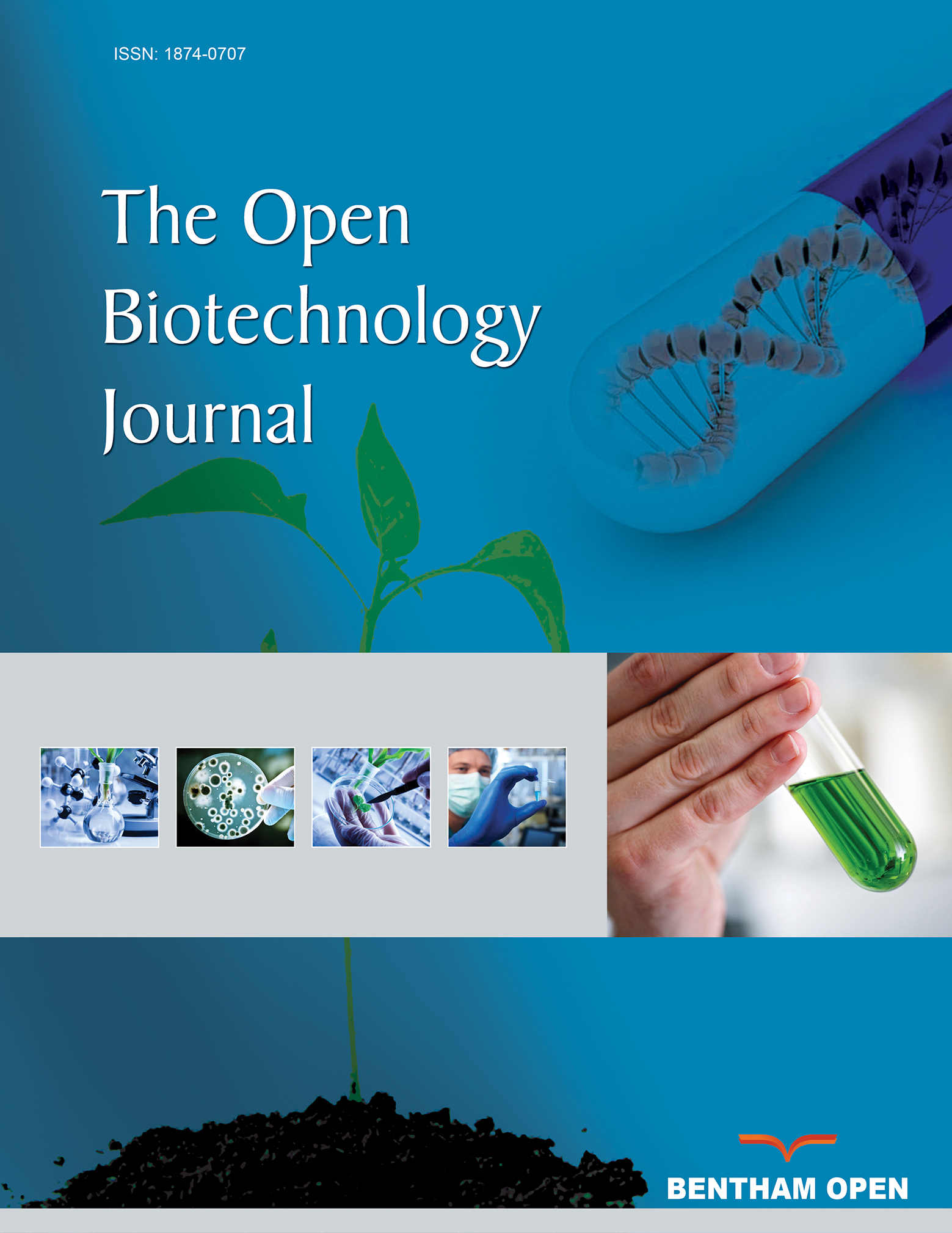All published articles of this journal are available on ScienceDirect.
Assessment of Different Expression Strategies for the Production of a Recombinant Lipoprotein Vaccine in Plants
Abstract
The ability of plants to serve as a production system for bacterial lipoprotein vaccines has been investigated. First, the effect of high-level expression of the Borrelia burgdorferi outer membrane protein A (OspA), a prototype vaccine against Lyme disease, has been examined by a proteomics approach. Analysis by 2D-PAGE of wild type tobacco plants and transplastomic plants accumulating recombinant OspA showed no apparent differences in protein pattern except for OspA. However, presence of the bacterial signal sequence limits transgene accumulation. As an alternative approach OspA was produced in Nicotiana benthamiana plants by transient expression via a deconstructed tobacco mosaic virus-based system. While rapid expression of OspA could be achieved, no palmitoylation occurred with the genuine bacterial sequence. In contrast, modification of the N-terminus with an eukaryotic sequence motif resulted in palmitoylation of OspA. This study shows that plants provide multiple expression strategies and could serve as a versatile production platform for recombinant lipidated subunit vaccines.


